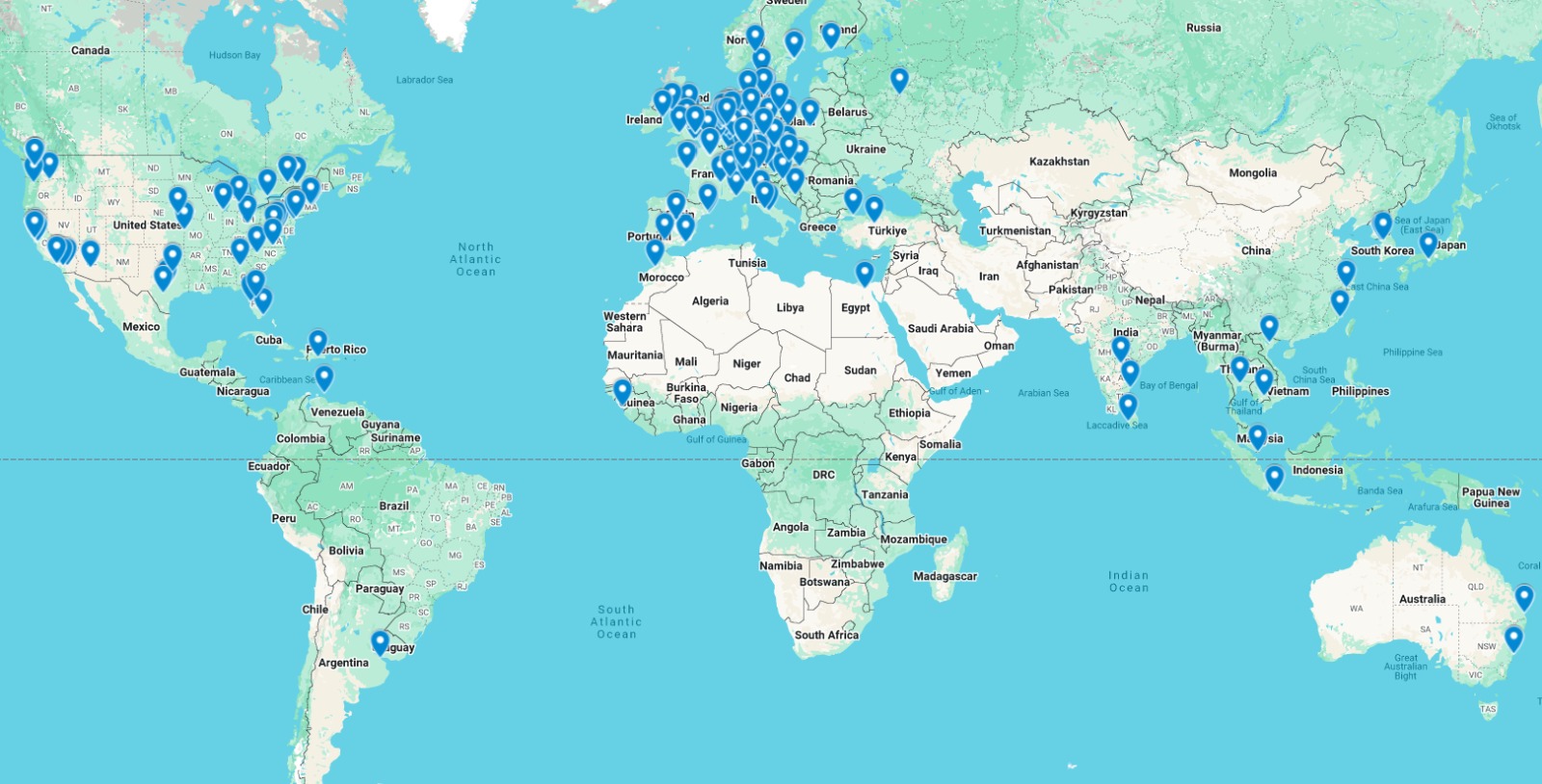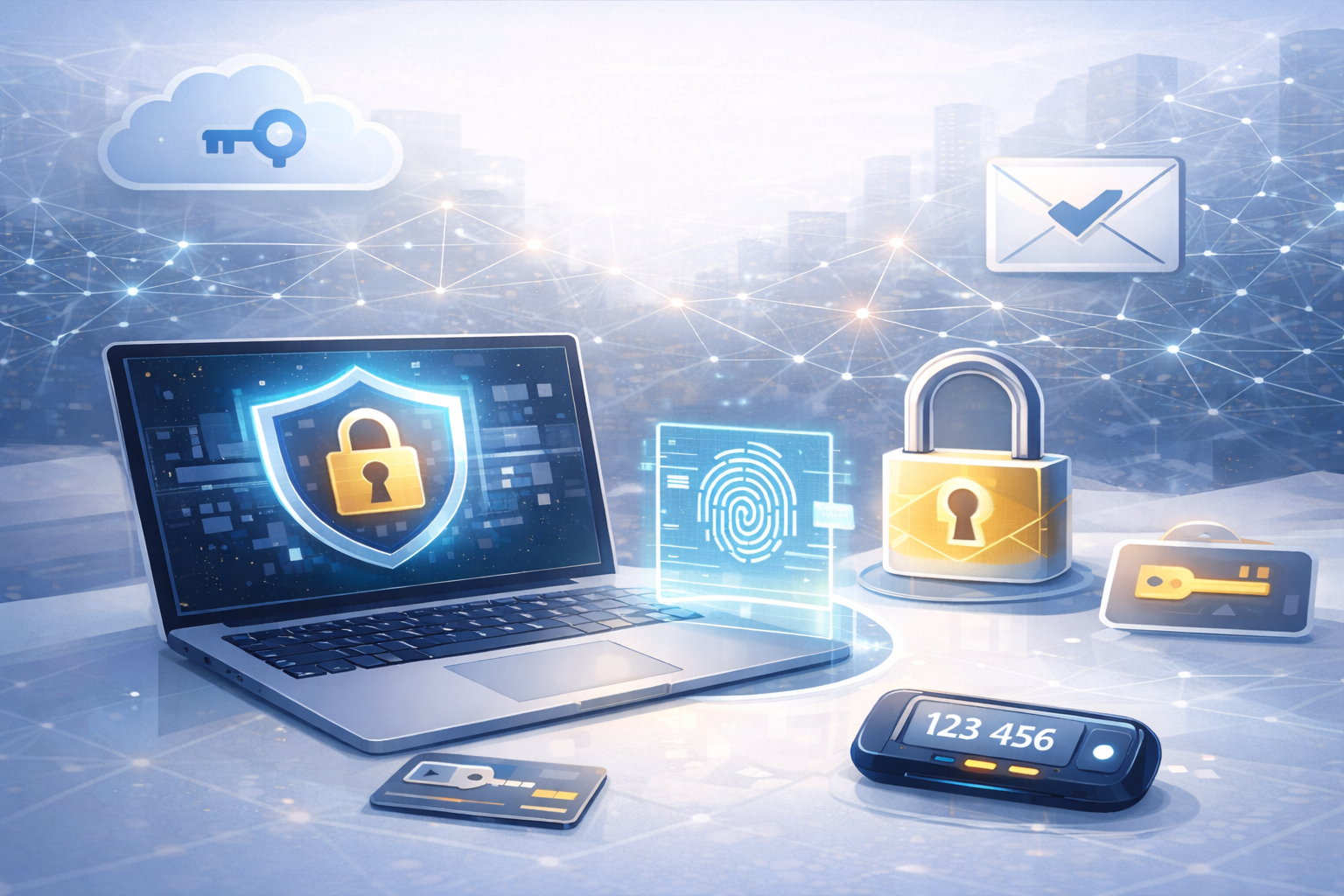
How long does it take for YOUR password to be hacked by a hacker?



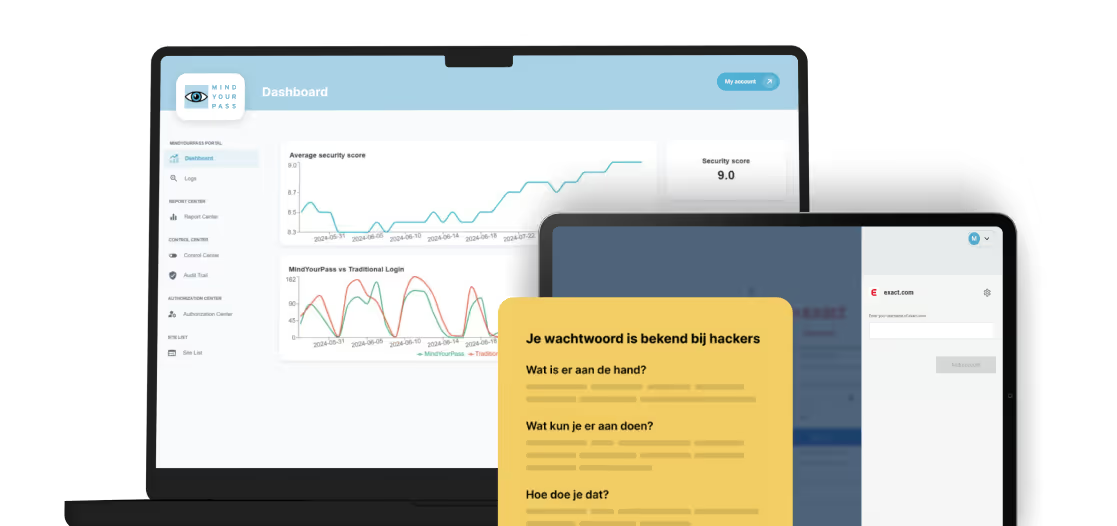
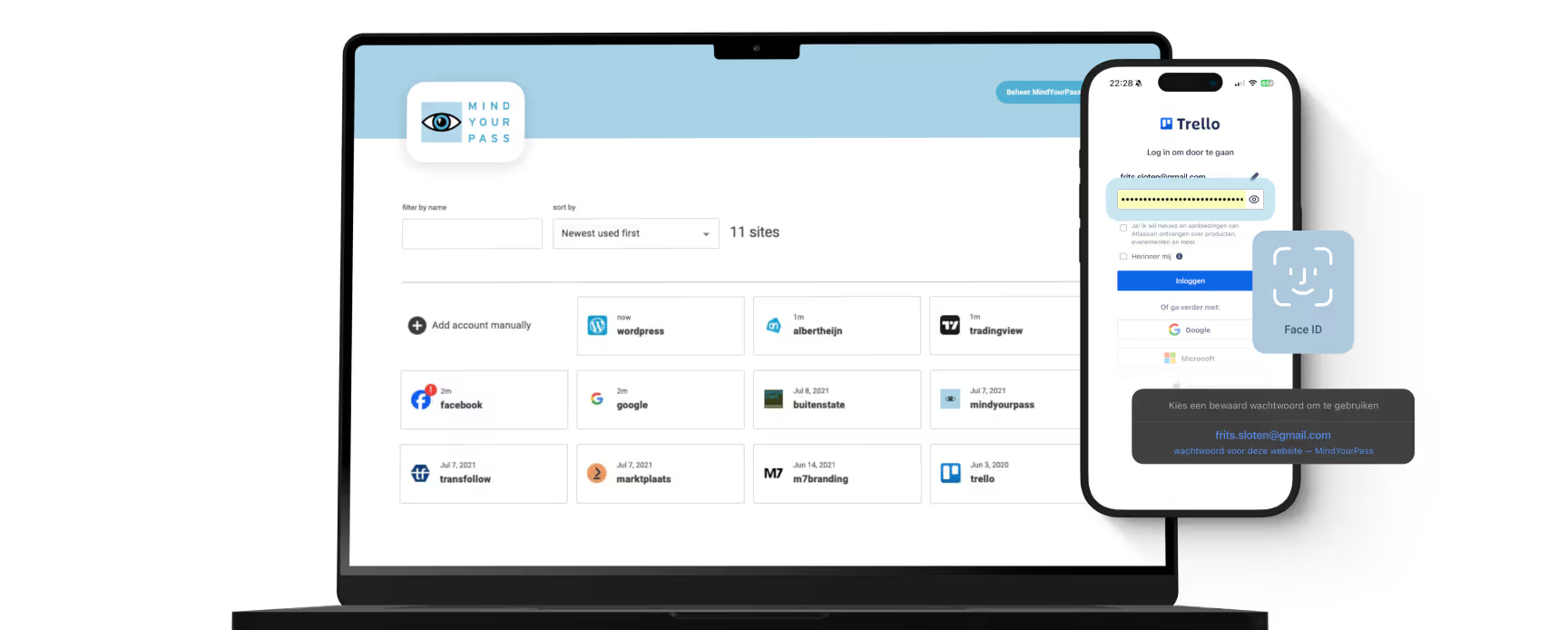
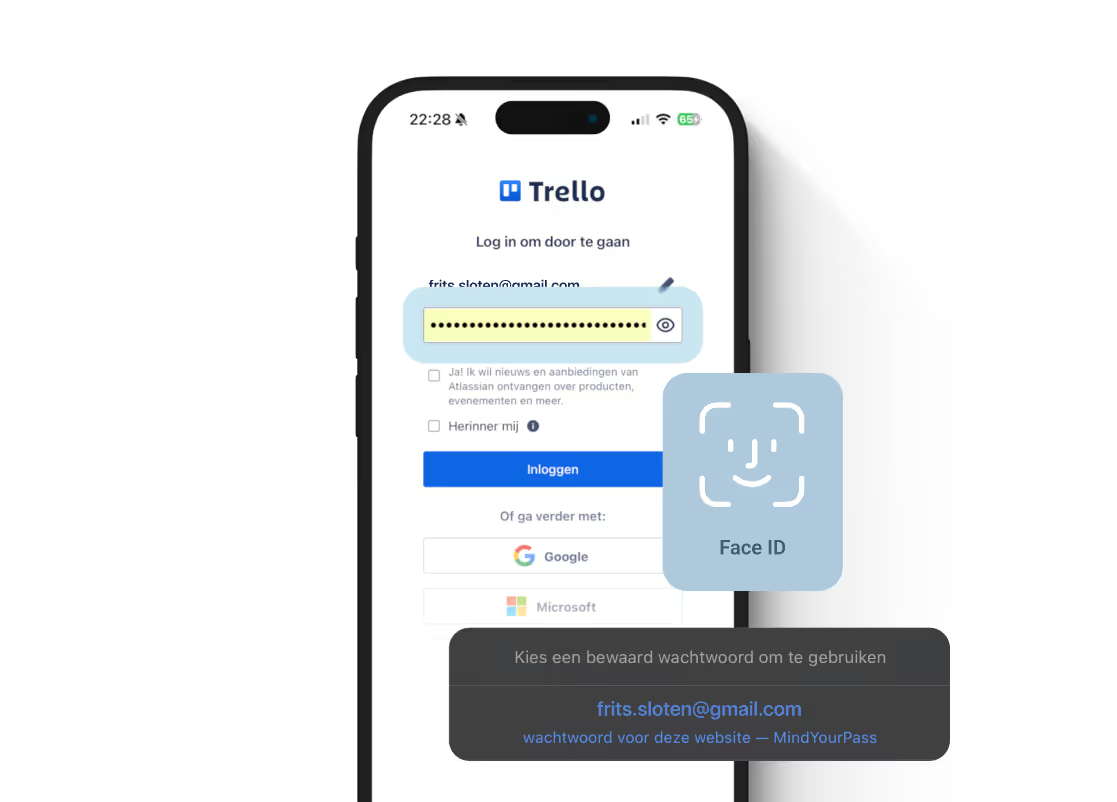



The importance of strong, long passwords cannot be overstated in today's digital age, where cyber threats and hacking attempts are rampant. An effective way to create robust passwords is to use longer passwords with a variety of symbols, characters, and numbers. This article explores why longer passwords with a variety of symbols are harder for hackers to crack.
Length matters: Longer passwords offer more security
When it comes to password protection, length matters. Longer passwords are inherently more secure than shorter ones. This is because a hacker has to try out more combinations with longer passwords. This takes longer and makes hacking more difficult. A password that consists of 1 lowercase letter has 26 combinations. A 2-letter password already has 26 x 26 = 676 possible combinations. An 8-letter password already has 208 billion possible combinations of letters, while a 12-character password has as many as 95 quadrillion possible combinations. So, the longer a password, the more computing power and time hackers need to systematically try each combination, making it harder to crack the password.
Add symbolic power: Various symbols increase password security
If you use capital letters and numbers instead of lowercase letters, the number of possible combinations increases further. After all, you don't have 26 but 62 combinations per character. By also using symbols such as! using @, #, $,%, ^, *, the number of combinations increases even further. That's why your password often has to contain special characters.
To make things a bit more complicated, if a site requires at least 1 special character in your password, the number of combinations decreases again. This is because the hacker does not have to try all combinations for at least 1 character in your password, but only the special characters, which is 62 fewer combinations. That is why a site prefers not to enforce special characters.
So, not only the length of the password is important for the quality of the password, but also the character set to choose from.
With the right length and character set, the number of combinations becomes so large that brute-force password cracking becomes practically impossible because trying out all possible combinations takes too long. In that case, you have a strong password. See also the table below that shows how long it takes to brute-force hack passwords of varying lengths and compositions.
Aren't hackers much smarter?
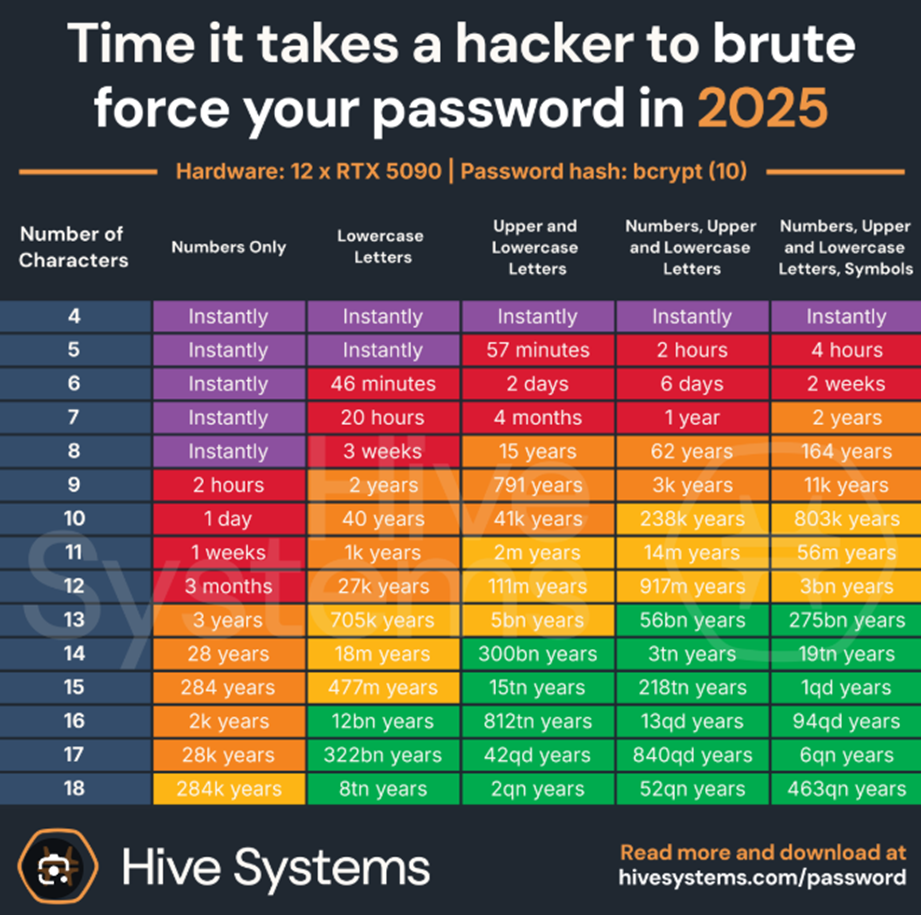
At the brute-force password cracking all combinations are tried out one by one. But is that really necessary? Because a hacker knows that people often use words, names, years, etc. in their passwords, he can work much faster. He then uses a dictionary of frequently used words that he can quickly try out in various combinations. A dictionary consists of the words of one or more languages, but also, for example, a list of all passwords that have been hacked before (billions of them). Trying out combinations of words from the dictionary is many times faster than trying out all possible combinations.
To prevent the use of a dictionary, you must therefore make sure that your password (or parts of it) is not in such a dictionary. So, don't use words, or names, or years. Preferably, all characters in a password are chosen as randomly as possible. The hacker then has no choice but to brute force crack your password, but to do so, he has to try out an incredibly large number of combinations.
If your password has been stolen, you can be sure that the password has ended up in hackers' dictionaries. If you use this password on multiple accounts, it is now a breeze for them to hack those other accounts as well.
Best practices for creating strong passwords
To create strong passwords that are hard for hackers to crack, consider the following best practices:
Make your passwords long: The longer the better. Therefore, use passwords that are at least 15 characters long.
Use different types of characters: The more different types of characters, the better. Therefore, use a combination of upper and lower case letters, numbers and symbols, preferably chosen as randomly as possible.
Use random characters. The more random the better. Avoid anything in a dictionary. Therefore, do not use common words, names, dates, etc.
Use unique passwords: The more unique the better. Preferably give each account a completely different password. Not a little bit different but completely different.
Conclusion
Long passwords with different symbols are difficult for hackers to crack due to the large number of combinations a hacker has to try out. Random character passwords prevent hackers from attacking by using a dictionary. By following the best practices for creating strong passwords, you can significantly improve your online security and protect your personal and sensitive information from cyber threats.
But that's easier said than done. Because how do you invent and remember a multitude of passwords that are sufficiently secure? Actually, that's not human work.
MindYourPass can generate passwords that are up to 128 characters long. according passwordmonster.com it takes 2 thousand trillion trillion trillion trillion trillion trillion trillion trillion trillion trillion trillion trillion trillion trillion trillion trillion trillion trillion trillion trillion trillion trillion trillion years to brute force crack such passwords. However, most websites don't accept such long passwords. That's why MindYourPass creates 32-character passwords for such sites, which still cost a computer a mere 6 million trillion trillion years.
Of course, you can't remember such passwords yourself anymore. But writing down passwords or storing them in a vault isn't safe either. If your vault is hacked, for example, all passwords are still on the street (or can be purchased on the Dark Web). That's why it calculates unique, patented, system from MindYourPass, your passwords when you need them. This way, you always have extremely secure passwords without them being stored anywhere and you are well protected against cyber threats.
Get in touch with us.
Let MindYourPass make your organization safe.

Log in securely with ease.
At home and at work.
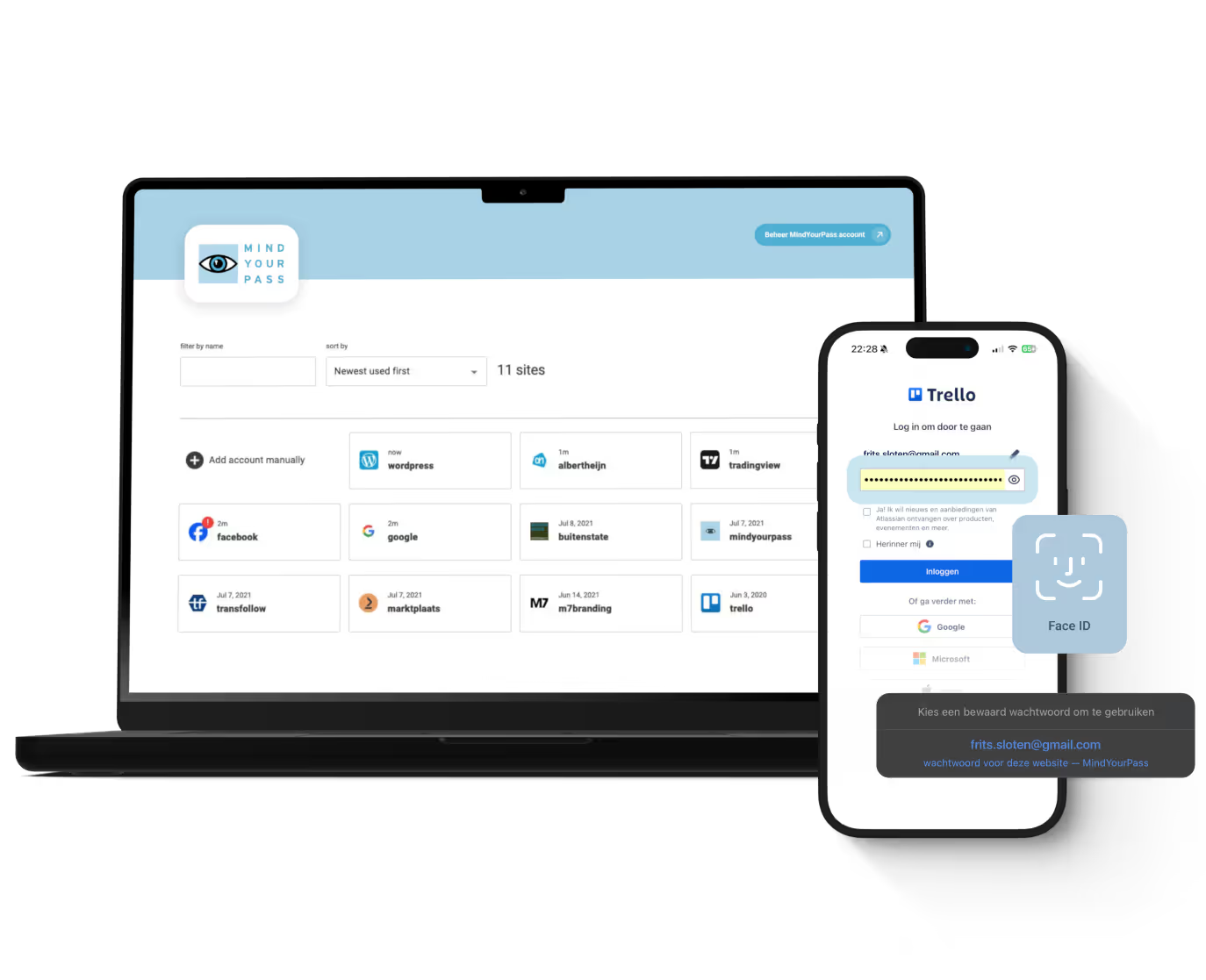

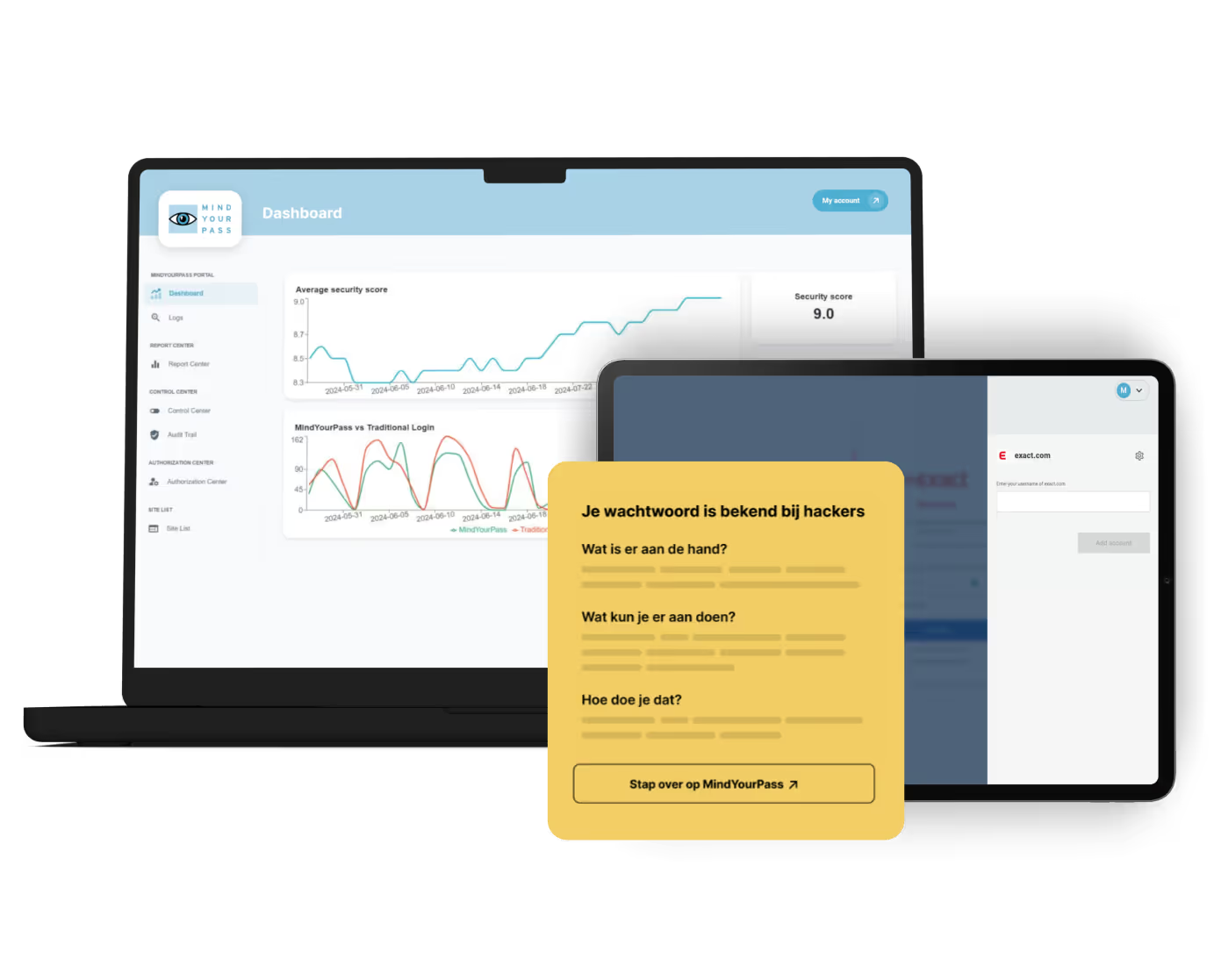


Triple-i™ improvement method
Wachtwoordveiligheid meten om doelgericht te verbeteren
Elke verandering begint met het verkrijgen van volledig inzicht in de huidige situatie. Om vanuit daar met behulp van een concreet en praktisch plan toe te werken naar de gewenste situatie: het gebruik van kwetsbare wachtwoorden binnen jouw organisatie onmogelijk maken.





